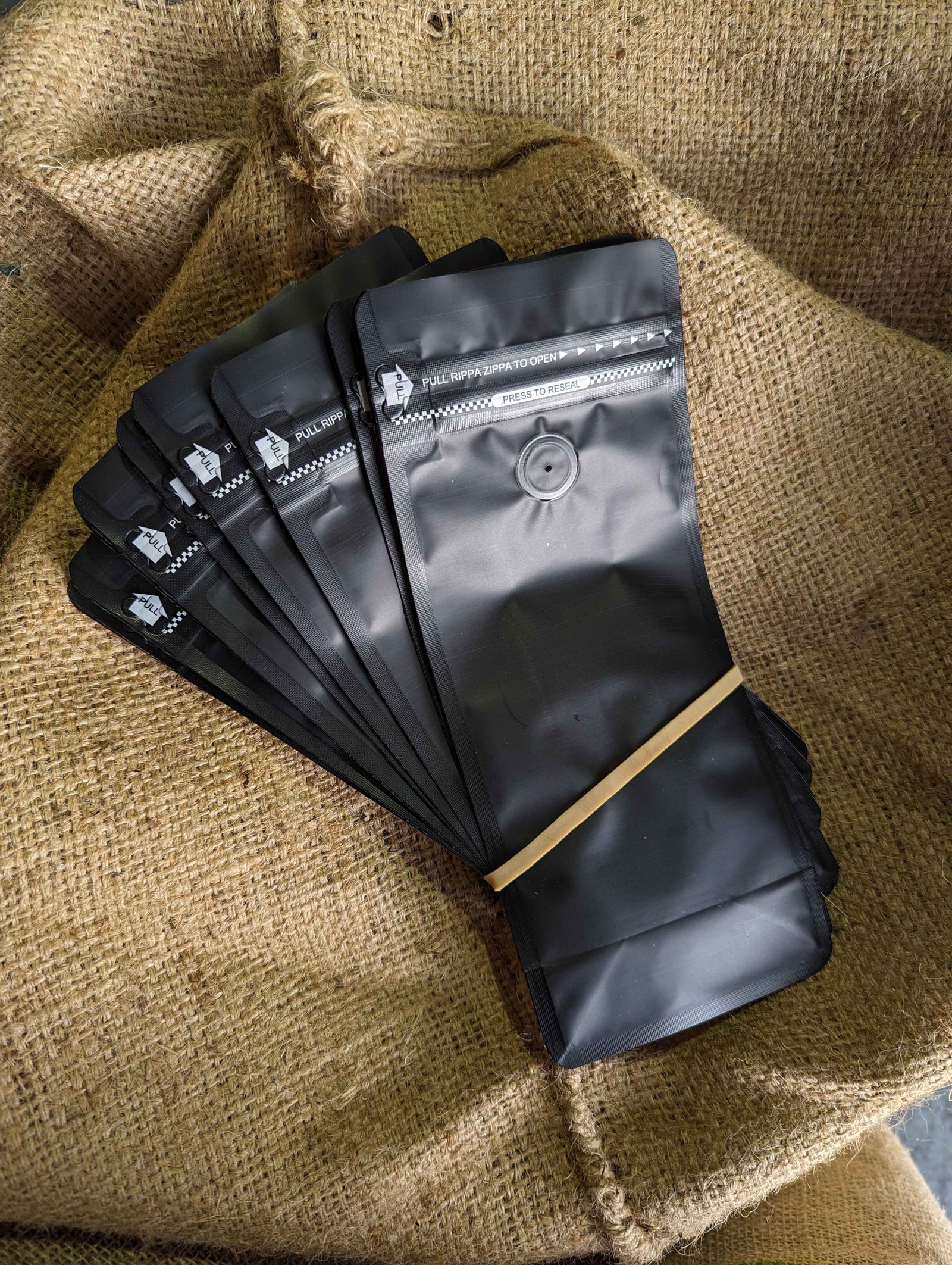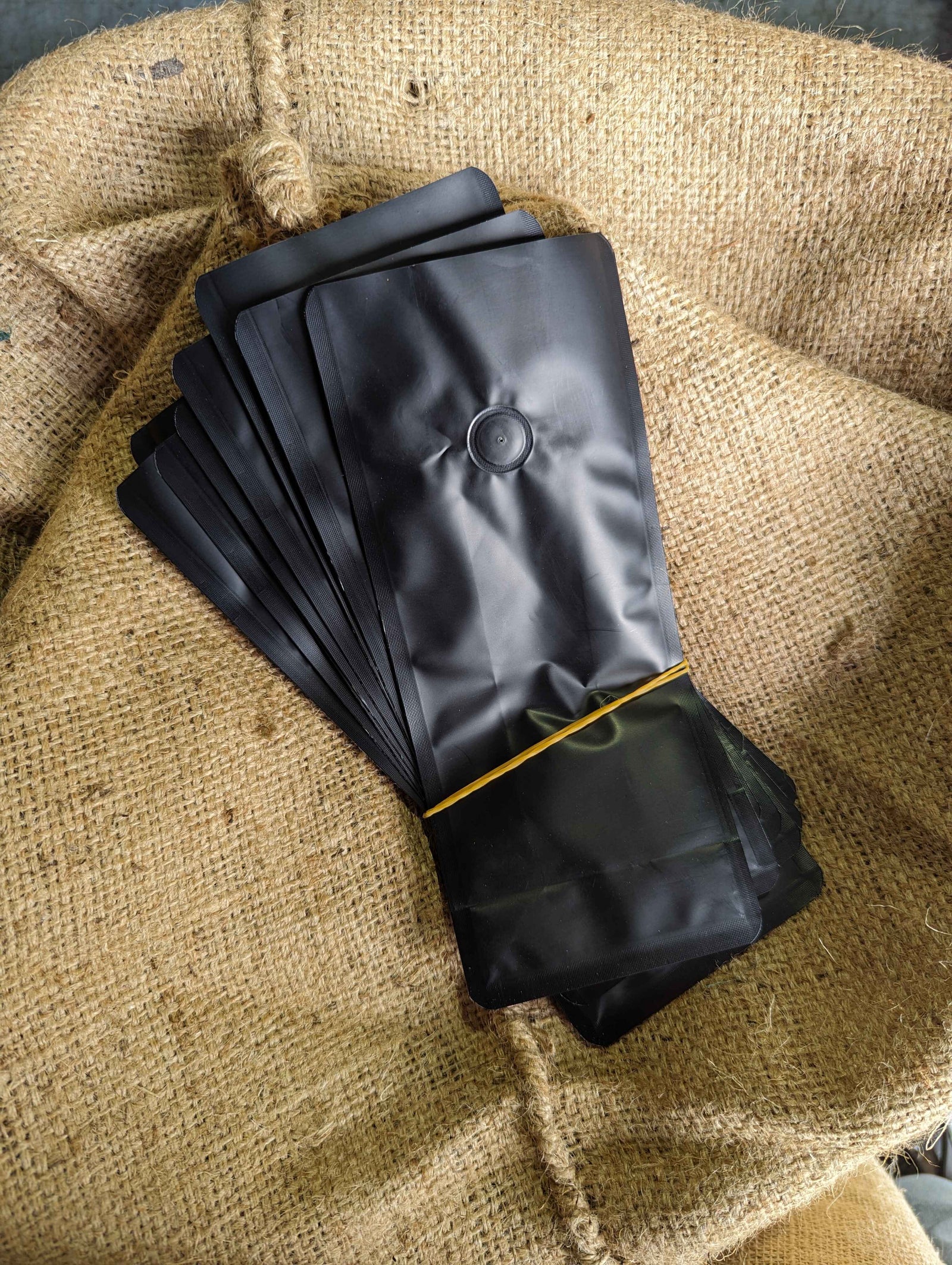Honduras is a small yet mighty coffee producer. The country boasts the largest per capita coffee production in the world. Beginning in 2017, Honduras began placing in third place for Arabica production volume globally. For this slot, they compete with Ethiopia—a country 10 times larger than Honduras.
The two countries trade between third and fourth place annually, but the achievement is impressive, nonetheless.
The country of is well-suited to coffee harvesting. The soil, climate, and conditions are similar to neighboring countries. There is a range of coffee quality in Honduras; the country can produce everything from low-grown blender coffees, to high-grown specialty lots that rival more popular Central American coffees. We've seen many coffees from Honduras performing at cupping levels comparable to specialty lots from Costa Rica and Guatemala. This is definitely an origin to watch!
This type comes from regions with a long tradition of treating the coffee with great care. Farmers diligently work to enhance the bean's natural attributes so it can reach an optimal level of satisfaction. La Flor translates to "the flower". The name reflects this coffee's delightful aroma that enriches the taste and gives it a special character.
This type carries two quality classifications:
1. SHG (Strictly High Grown) specifies that the coffee was grown at an altitude around 1350 meters. Coffee grown at a higher altitude and lower temperature produces a slower maturing fruit and a denser bean; which creates a more desirable specialty cup; this classification is higher than HG.
2. EP (European Preparation) specifies that the raw beans are all hand sorted to remove any defective beans and foreign material.

 Matte Black Coffee Bag Bundle - With Valve & Rippa Zippa
Matte Black Coffee Bag Bundle - With Valve & Rippa Zippa Matte Black Coffee Bag Bundle - With Valve
Matte Black Coffee Bag Bundle - With Valve






